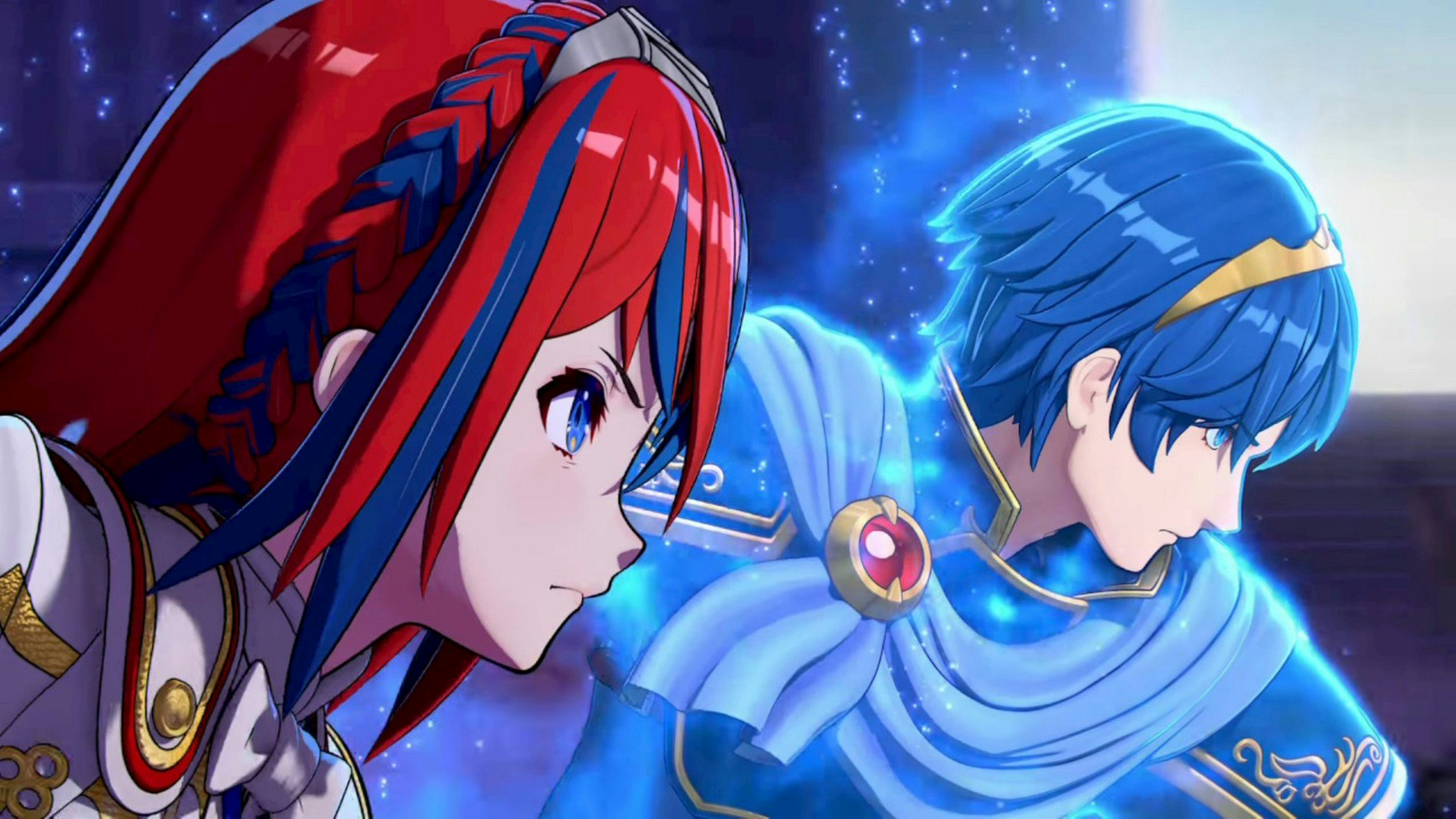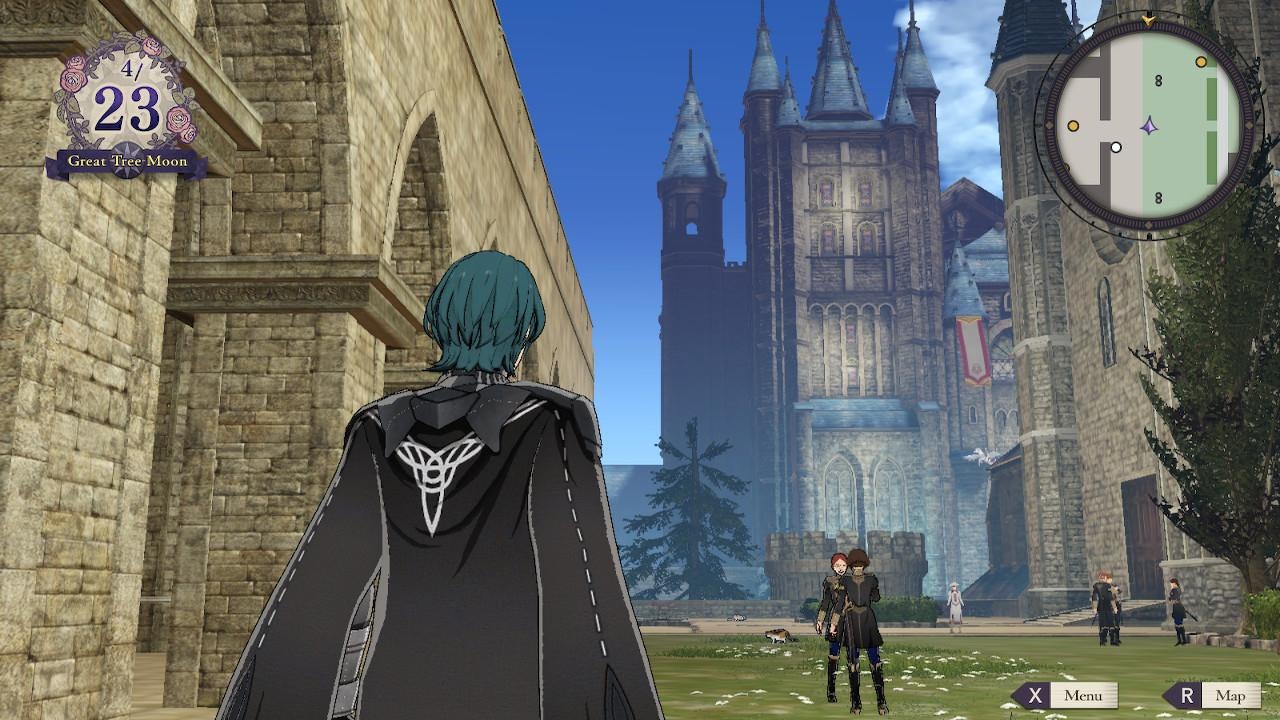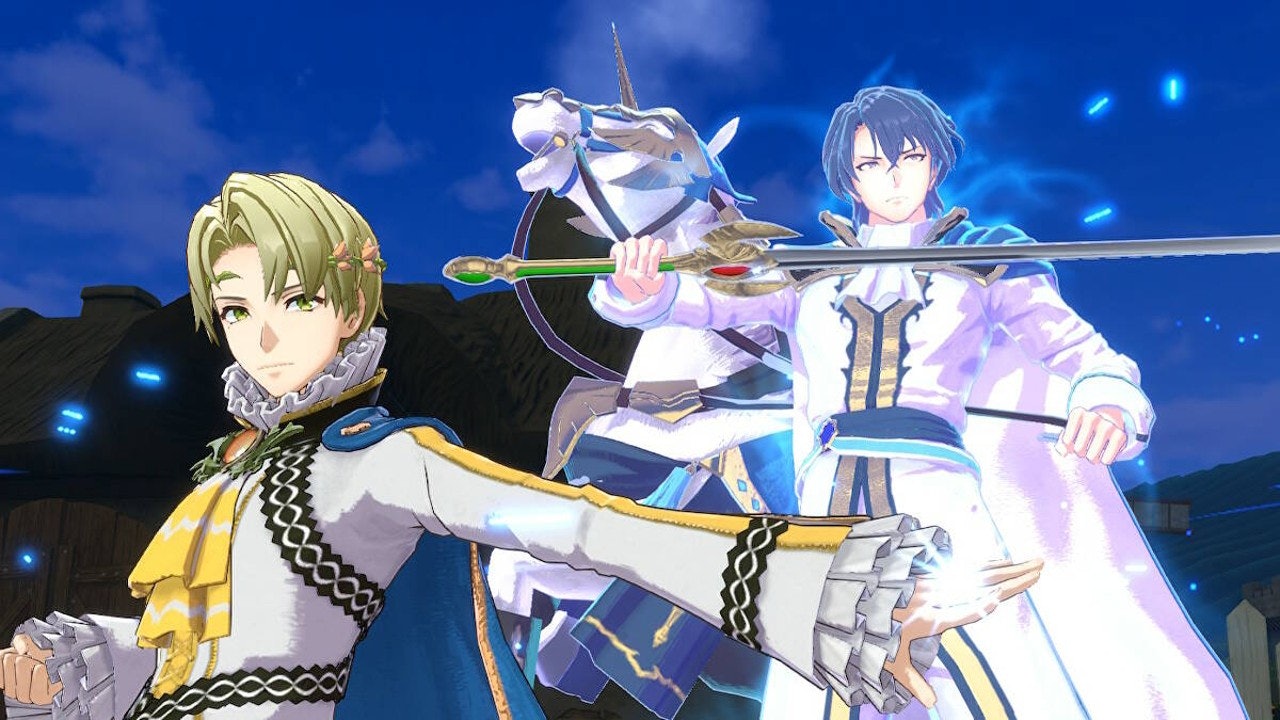
After years of being a niche series, Fire Emblem has turned into one of Nintendo’s most successful franchises, with four installments released on the Switch alone. Three Houses saw the series double down on social simulation mechanics and character relationships. And, to our surprise, Fire Emblem Engage does away with almost all of that, instead opting for a more “traditional” experience. While this has proven divisive for some fans, it actually creates a compelling case for Fire Emblem to take a page out of another franchise’s book and split in two — just like Yakuza.
If you’re unfamiliar with the Yakuza series, the last game in the franchise, Yakuza: Like A Dragon, switched things up from an action RPG to a turn-based RPG. Despite being done exceptionally well the change didn’t sit well with all fans, resulting in the franchise now having a mix of the two styles. The next main game, Yakuza 8, will remain turn-based, but a new spin-off titled Like A Dragon Gaiden: The Man Who Erased His Name will bring back the tried and true action combat.

This is an idea that Fire Emblem could embrace wholeheartedly, splitting the franchise into two routes. One route can lean heavily into the social simulation aspects, really letting players dig into crafting relationships and romances.
Outside of the Persona games, it’s hard to find a game that does relationship aspects as well as Three Houses, and fans clearly are clamoring for more of those complex character interactions. At the same time, it’s hard to really make that system robust when also focusing on making combat mechanics shine.
Because of this, the better route would be to integrate more streamlined combat mechanics, or perhaps even go the way of Fire Emblem Warriors: Three Hopes and fuse tactical combat with action. The Warriors games have proven to be a success for Nintendo, so continuing the social simulation in that series could be a good option.

On the other side of things is Fire Emblem Engage, which is releasing right in the middle of a tactical RPG renaissance. The last two years have seen the release of a handful of both AAA and indie tactical games, including Triangle Strategy, Tactics Ogre: Reborn, Mario+Rabbids, Lost Eidolons, Dark Deity, and more.
It’s clear that the genre is having a massive comeback, and Engage puts some brilliant new twists on the Fire Emblem formula. Mechanics like Emblem Rings and Break Attacks genuinely make battles feel more vibrant and active than ever, forcing players to consider multiple elements when deciding on a strategy. Emblem Rings provide new transformations that essentially give you super-powered characters, while Break Attacks make the weapon triangle more important than ever.
It’s arguably the most refreshing the series has felt since Fire Emblem Awakening, but because of that, it’s clear the story and character development have suffered. Engage’s story isn’t necessarily bad, but it’s clearly a step back from the political drama that was Three Houses, and even the support conversations feel much more brief and basic.

Right now it feels like Fire Emblem is stuck between two ideas, and it’s hard to see a way the next game can continue the combat enhancements of Engage while also bringing back the storytelling and social simulation of Three Houses. It’s too ambitious of a task for a single developer, and that’s exactly why Nintendo should look to bring another developer onto the franchise. Intelligent Systems can continue with the gameplay and mechanics-focused entries, while another developer could help double down on the more story-centric option.
Koei Tecmo could, of course, continue the work it's done with the Warriors games, but it’d also be fascinating to see Atlus bring another take to the franchise. Nintendo and Atlus already collaborated on Tokyo Mirage Sessions, and Atlus has tried its own hand at tactical RPGs with the Devil Survivor games. It’s a match made in heavy that could really capitalize on the diverse ideas of Fire Emblem.







